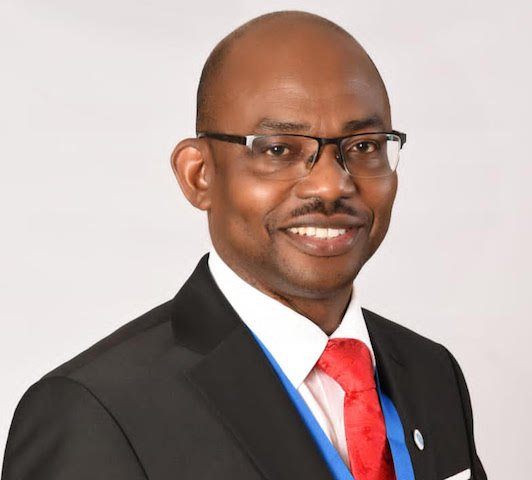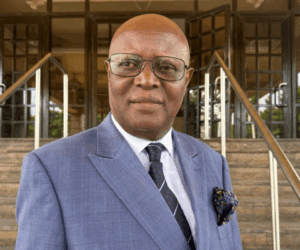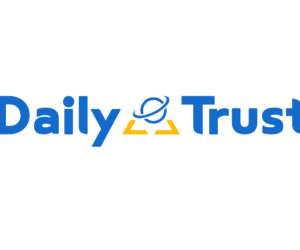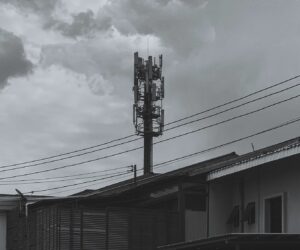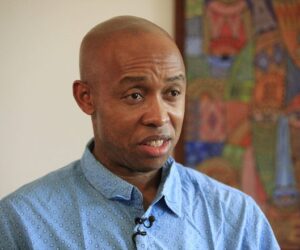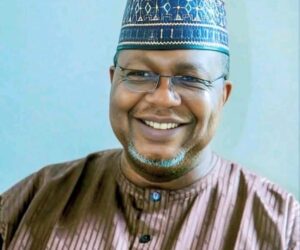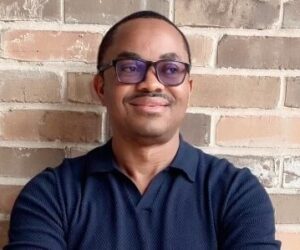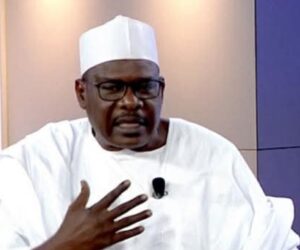
Nigeria was the first country to adopt the IFRS S1 & S2 Sustainability Standards in Africa and among the first globally, through the Financial Reporting Council (FRC) of Nigeria. One major issue with the adoption of international standards like this is how the voices of the adopting countries can be heard in the standard setting process, especially when these are emerging economies. This is because the local circumstances of emerging economies may not be the same as those of developed economies that promote these international standards.
Today, I show how Nigeria’s voice can be heard and how this voice can influence the content of IFRS S1 & S2 Sustainability Standards. With this, the discussion should be how Nigeria can participate in co-owning the standards. Since July 2025, the International Sustainability Standard Board (ISSB) has issued Exposure Drafts setting out some proposed amendments to nine Sustainability Accounting Standard Board (SASB)’s standards that it has prioritised for comprehensive review.
These are: (1) the Coal Operations SASB Standard; (2) the Construction Materials SASB Standard; (3) the Iron and Steel SASB Standard; (4) the Metals and Mining SASB Standard; (5) the Oil and Gas – Exploration and Production SASB Standard; (6) the Oil and Gas – Midstream SASB Standard; (7) the Oil and Gas – Refining and Marketing SASB Standard; (8) the Oil and Gas – Services SASB Standard; and (9) the Processed Foods SASB Standard. All these are known as priority industries.
In the identification and disclosure of sustainability related risks and opportunities that can affect an entity’s prospects, which I discussed last time, IFRS S1 requires an entity to refer to SASB standards in the absence of an IFRS standard dealing with such risk or opportunity. The implication is that the proposed amendments, when finalised, shape the identification of risks and opportunities that can affect an entity’s prospect when subsequently applying IFRS S1 and S2.
Nigeria’s voice can be heard and influence the content of these standards if many entities in Nigeria could articulate their informed positions on issues raised by the proposed amendments, drawing from their local experiences. As Nigeria has early and voluntary adopters, it is better suited than many countries that are yet to adopt the standards to articulate an informed position which can proffer solutions to and clarify the issues raised by the amendment. In other words, Nigeria can shape this amendment and make IFRS S1 & S2 suit what it wants drawing from experiences of those already applying or wishing to apply the standards.
I particularly draw attention to some of the issues raised in the proposed amendment. They touch upon an entity’s disclosures around the following, in no order: (a) Greenhouse gas emission (b) Community relationship and rights of indigenous people (c) Labour practices (d) Waste and Hazardous Materials Management (e) Water management; (f) Workforce health and safety (g) Air quality (h) Operation in conflict areas (i) Ecological impacts; (j) Climate resilience (k) Business ethics; (l) Management of the legal and regulatory environment and (j) Critical incident risk management. The topics go beyond climate risks and opportunities.
The oil and gas industry, with its listed four sub-sectors, lie at the core of the economic activities and foreign exchange earnings of Nigeria. Recently, the country saw the emergence of Dangote Refinery, which has far-reaching consequences for the industry and the economy. The recent face-off between the refinery and the labour union – PENGASSAN – is part of the issues which the amendment seeks to address under labour practices. On 21 September, Governor Mba declared that Enugu State will generate 1,000MW of electricity from coal. That will give birth to coal mines in Enugu and nowadays we hear of clean coal. Enugu can make a case for clean coal mines, as coal is one of the industries addressed by this amendment. Then there is the Lagos-Calabar coastal road under the construction industry.
Let me dwell a bit on disclosures around community relationships and the rights of indigenous people listed above. An entity will be required to disclose how it manages the sustainability-related risks and opportunities associated with the rights and interests of communities in the areas it operates. These include rights and interests related to economic, environmental, social and cultural factors such as (a) employment, fair wages, payment transparency, national resource governance and respect for infrastructure and agricultural land; (b) environmental rights and interests, which may include clean local air and water, as well as safe discharge and disposal of waste; (c) social rights and interests, which may include adequate healthcare, education and housing; and (d) cultural rights and interests, which may include protection and preservation of places of cultural significance (for example, sacred sites like shrines or burial sites).
The above issues lie at the heart of the agitation in the Niger Delta such as oil spillage and loss of fishing water, gas flaring, air pollution, dispossession of farming land, youth unemployment, lack of infrastructure, schools, hospitals, roads, etc. Another interesting disclosure is an entity’s operation in conflict affected areas. This reminds us of the experiences in the gold mines of Zamfara and mines in other parts of the country. The amendment recognises that entities that fail to account for community concerns and Indigenous Peoples’ rights face agitations, fines, penalties, compensation, and settlement payments that can affect their prospects.
It notes that conflict-affected and high-risk areas are characterised by political instability, weak governance or active conflict and lacking strong legal institutions and regulatory oversight or enforcement. It recognises that in these areas, safeguarding workers and asset integrity against security risks could help an entity to avoid workforce injuries, operational disruptions, increased costs, asset impairment and reduced access to natural resources reserves. What experiences can Nigeria share on issues like these drawing experiences from Niger Delta and the mines in various parts of the country.
Already, there have been responses from few Nigerian entities. A look into these, shows total agreement with all the questions asked. It is not enough to simply state “we agree” without providing further insights into why you agree and bringing out a perspective you want to advance.
Nigeria’s voice cannot be heard by just agreeing with every question asked. That is why one question asked in the proposed amendment is, ‘’Are there any jurisdictional considerations related to the SASB Standard that have not been addressed in the proposals that should be taken into account? If so, please explain’’. This provides that opportunity and we must leverage on it to make Nigeria’s voice to be heard.
The challenge is in the sheer volume of the SASB Exposure Draft, a 507-page document with many far-reaching questions. It calls for a combination of experience from the field on the issues raised and experience of responding to exposure draft on an accounting/sustainability standard. We can almost conclude that Nigeria has enough experience around the issues raised by the proposed amendments, but it must come forward and articulate them, so its voice is heard in IFRS S1 & S2 Standard setting.
Innocent Okwuosa is the chairman, Nigerian Integrated Reporting Committee (NIRC); the 59th president, Institute of Chartered Accountants of Nigeria (ICAN); and an adjunct associate professor of Accounting at Pan Atlantic University, Lekki, Lagos. He can be reached on 08128131345

